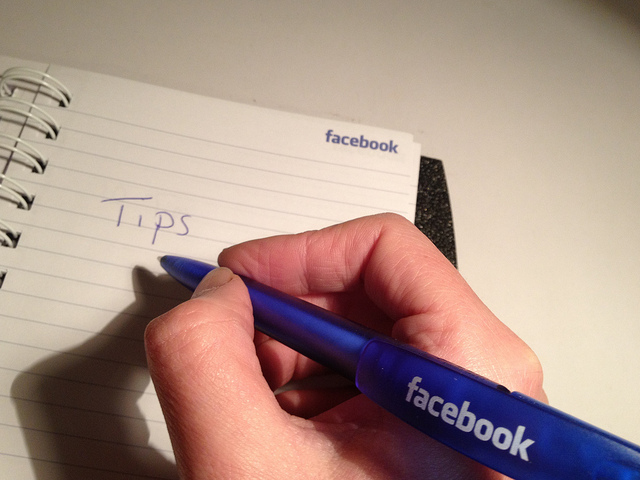 APPS
APPS
 APPS
APPS
 APPS
APPS
Facebook Inc. on Tuesday bit back against former vice president for user growth Chamath Palihapitiya’s recent, if not entirely new, remarks that the platform is “ripping apart the social fabric of how society works.”
His stern words were met with what could be called redirection from Facebook, as the company didn’t exactly address any of issues that Palihapitiya brought up. Among other things, these included “dopamine-driven feedback loops”and the spread of misinformation. Palihapitiya even went as far as asking its 1.3 billion users to break from “the beast.” He wasn’t the first exec to have expressed regret.
Curious that Chamath’s comments sparked this FB response given we’ve already heard the same or worse from ex-employees like ex-FB president Sean Parker (https://t.co/jBY4Kg2eVJ) & Justin Rosenstein, the engineer on the “like” button (https://t.co/wWfAcXAISi). https://t.co/LDbXzBFFe2
— Deepa Seetharaman (@dseetharaman) December 12, 2017
Facebook responded by saying it had grown as a company since Palihapitiya worked there. “We take our role very seriously and we are working hard to improve,” wrote Facebook. “We’ve done a lot of work and research with outside experts and academics to understand the effects of our service on well-being, and we’re using it to inform our product development.”
Facebook then explained that it was making significant investments in “in people, technology, and processes” stating that it’s willing to sacrifice profits for the “right investment.”
The only logical explanation for this FB statement is fear of regulation. But, as the most powerful company in the world, welcome the discussion/debate. Don’t take shots at it. https://t.co/IMS0n1RqnI
— Sean Garrett (@SG) December 12, 2017
The somewhat vague response was met with its own criticism. “Facebook can’t put the genie back in the bottle,” Greylock VC Josh Elman wrote on Twitter. “Social media has transformed a lot of things — in many good ways and in many negative ways that none of us involved anticipated at the time.”
Others pointed out that it was strange that Facebook would respond at all, but then not expressly deny the charges. In fact, as was pointed out, Facebook is admitting that it merely used to be a bad player, but has cleaned up. Still, if Facebook was going to respond to such damning criticisms, people might wonder why it didn’t issue a more cogent response.
THANK YOU